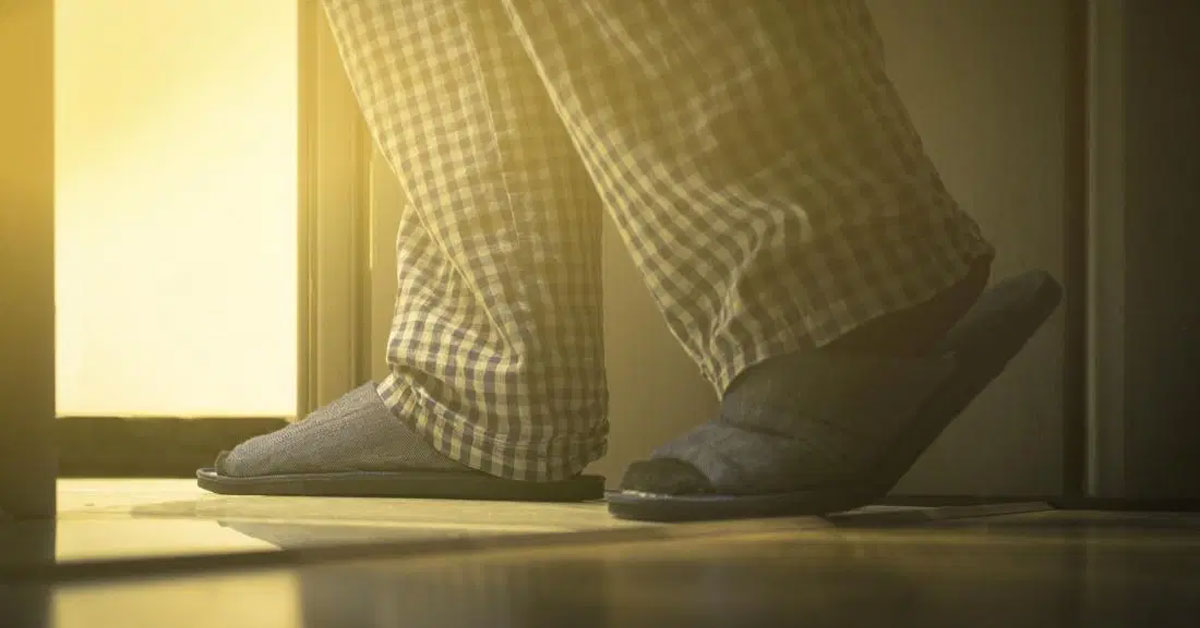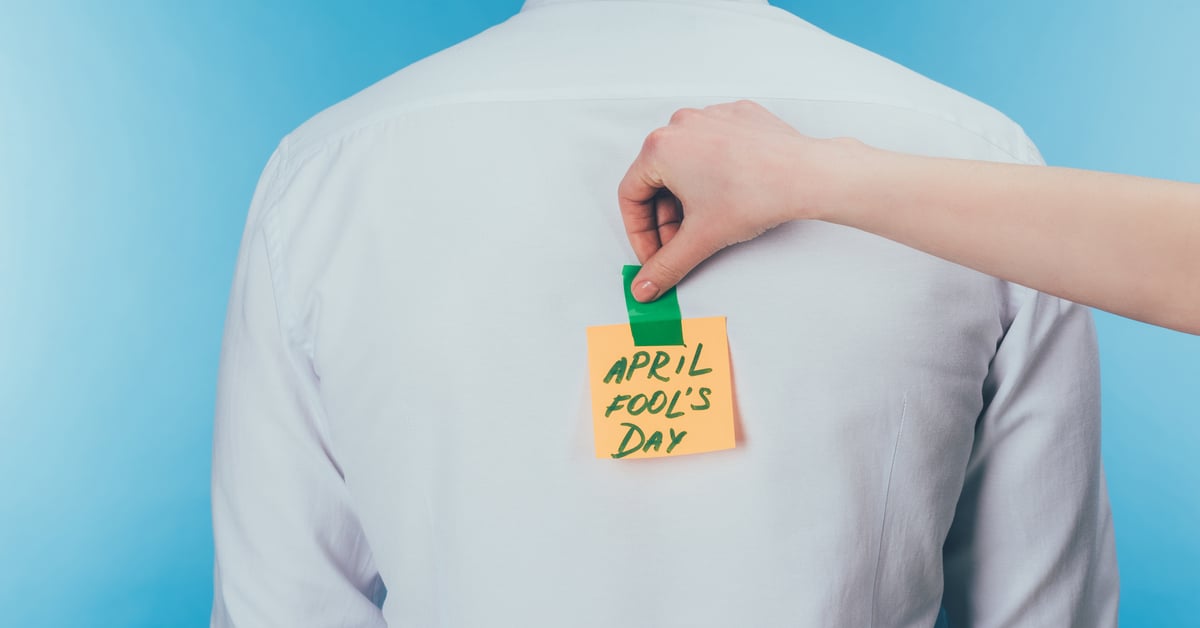Everyone needs to pee every day, but is it normal to wake up every night to pee?
Imagine having a wonderful dream in your sleep and your pee disrupts it all.
Here are some reasons why it’s happening.
First Thing First, How Pee Is Produced

The kidney in our body turns extra water and waste into urine.
It will then flow out of the kidney and into the ureters, which acts as a bridge between the kidney and the bladder.
The kidney’s main function is to filter out toxins from the bloodstream and concentrate those toxins into pee.
And when your bladder is full, you get the alarm in your brain telling you to go to the toilet immediately or risk extreme embarrassment.
Day Vs Night Pee
It is normal for you to visit the toilet every 2 to 4 hours during the day, depending on how many glasses of water you drink.
But at night, it’s a different story.
Your body releases antidiuretic hormones (ADH) to retain more fluid when we are in our deep sleep, keeping you asleep until the next morning.
But sometimes, the hormones aren’t enough, and here’s why.
Drinking too much fluid before you sleep.
Some people do have the habit of drinking too much fluid like alcohol, water, and caffeine in the evening.
If you notice that your night-peeing is due to fluid consumption, consider stopping 2 to 3 hours before bedtime.
Medication
Certain drugs could affect your body and crank up the number of times you have to go to the toilet, even during night time.
If you realize that your medication could be the culprit, it might just be time to change up your medication.
But don’t be your own doctor, please; find a real one.
Stress-related
If you’re too stressed up, you’ll fall asleep with worries and this affects your sleep.
And when your sleep is affected, hormone production is compromised which leads to your pee not concentrating enough.
Ageing
Studies show that as we age, our bladder wall changes – it is not able to hold as much pee as before.
Bladder muscles weaken with age and our bodies make less of a hormone that allows us to retain fluid.







